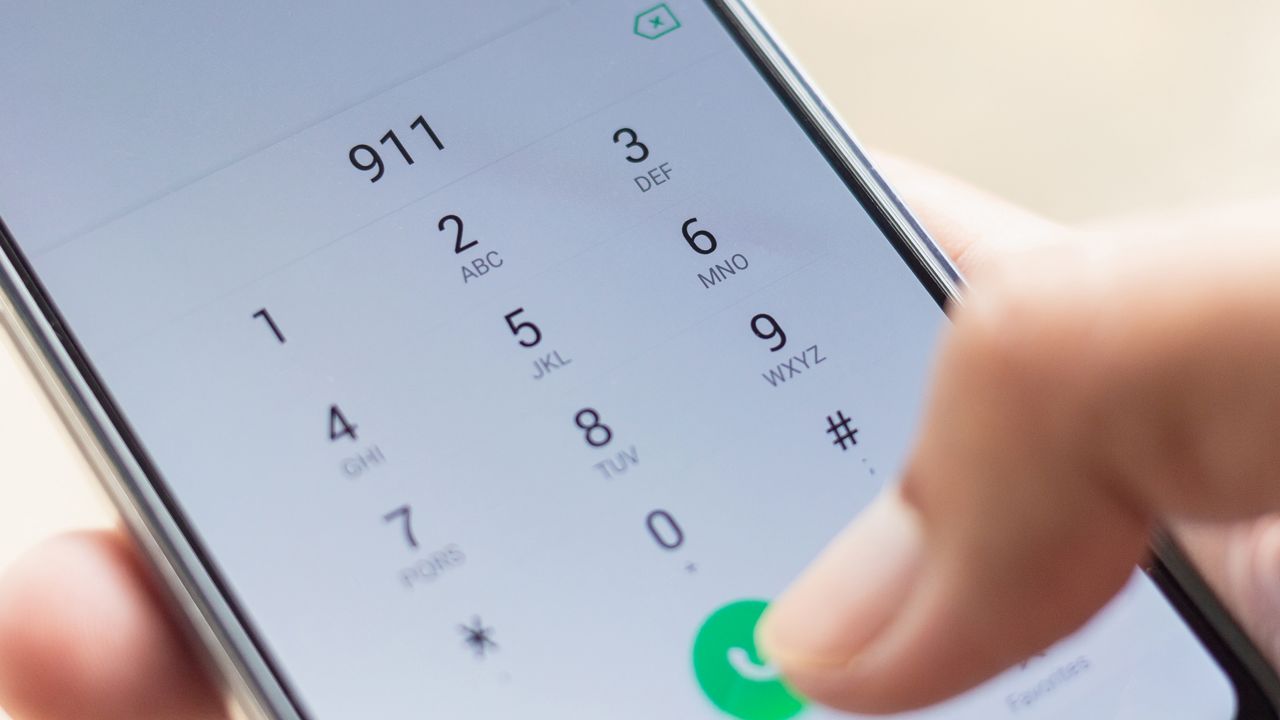LOS ANGELES (CNS) — The Police Commission Tuesday approved and transmitted to Mayor Eric Garcetti a request from LAPD Chief Michel Moore to expand the department's one-year pilot program contract with mental health professionals to respond to certain 911 calls on a 24/7 basis instead of the current eight hours a day.
The board initially voted on Jan. 26 to authorize Moore to execute an agreement with Didi Hirsch Mental Health Services to have its psychiatric professionals respond to some nonviolent calls from noon to 8 p.m. each day. The pilot program was adopted in a motion by the City Council on Dec. 8 and approved by Garcetti on Dec. 15.
On Tuesday, the commissioners unanimously voted to approve the request for a contract extension and transmit it to Garcetti. If approved by the mayor, Didi Hirsch will begin providing 24-hour service starting on July 1. The nonprofit's compensation from the city's Innovation Fund would be increased from $378,522 to $838,522.
People who call 911 in suicidal crisis or severe emotional distress are diverted to Didi Hirsch, which provides crisis support and mental health assistance. Their mental health professionals offer services in 13 languages, as well as accommodations for the deaf community.
A police response is sent in instances where the person has a weapon, is driving a vehicle erratically, or other cases that pose a threat to others.
Didi Hirsch's services were contracted "on a limited basis to allow the LAPD to assess the efficacy of this program and to determine if any changes are needed before it is more widely implemented," according to the agreement.
LAPD Capt. Brian Bixler told the commissioners Tuesday that 424 calls have been diverted to Didi Hirsch since the program began in February.
"That's not quite the number that Chief Moore and I talked about to begin with, we wanted more. However, that's 424 times that police officers were not dispatched to a suicidal individual call," Bixler said. "To me, that's a success. That means we're heading in the right direction and now having 24/7, you'll have that number grow even more."
Of the 424 calls diverted, only 93 required a follow-up, which Bixler said shows that most of these situations do not require a police-level of response.
"So that means Didi Hirsch was able to connect them with a service provider, whether it's in person or over the phone or virtual," he said. "Ninety-three accepted, and 51 of those were actually successfully reached and engaged in services."
The 911 call diversion is "to ensure that individuals who are experiencing mental health or suicidal crisis receive the appropriate support in a timely manner and to reduce the need for the Los Angeles Police Department to respond to these types of calls," according to a letter from Moore to the police commission in January.
LAPD officers respond to thousands of mental health calls every year. On June 16, 2020, amid widespread anti-police brutality protests in Los Angeles and across the nation, City Council members Nury Martinez and Herb Wesson Jr. introduced a unanimously approved motion to have the chief legislative analyst report on developing an unarmed model of crisis response for non-violent calls including for mental health crises, substance abuse and neighbor disputes.
"As the country engages in a national conversation on the re-imaging of public safety, the city of Los Angeles should look to be a leader (like it has in the past) and act boldly to structurally change how it delivers services to its residents, particularly those who have been historically marginalized and neglected," the motion read. "In order to properly service the most vulnerable, the city of Los Angeles should look to advance non-law enforcement solutions in circumstances that are non-criminal."
